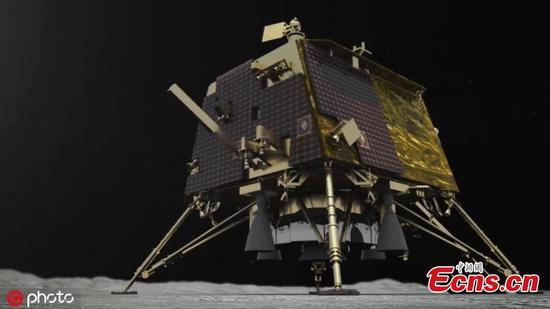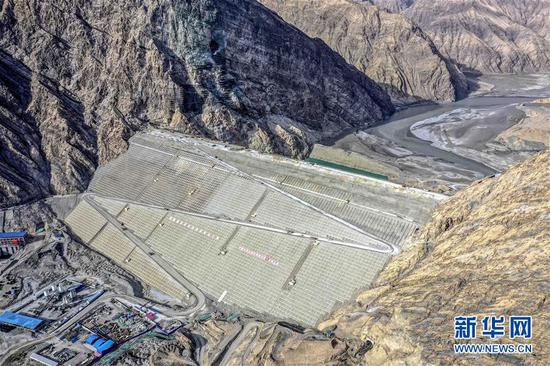Network will improve country's ability to monitor Arctic and Antarctic regions
China will soon launch the first satellite in its space-based polar observation network in an attempt to improve the nation's polar research capability, according to project insiders.
The BNU-1 will be lifted atop a Long March 4B carrier rocket from the Taiyuan Satellite Launch Center in Shanxi province before the end of this month, said Li Chun, BNU-1's project manager at Aerospace Dongfanghong Development in Shenzhen, Guangdong province. The company, which designed and built the spacecraft, is part of the China Academy of Space Technology in Beijing.
The small satellite weighs about 20 kilograms and will carry three experimental payloads - a multispectral camera; a high-resolution visible-light camera; and an automatic identification system receiver, a device for ship identification. It will work in a sun-synchronous orbit more than 730 kilometers above the Earth for up to two years.
Once put into service, it will be operated by the Joint Center for Polar Research of Chinese Universities and will mainly be tasked with observing the environmental changes of the Antarctic and Arctic, detecting and providing early warnings of ice shelf collapses and tracking the sources of smog - a hazardous atmospheric phenomenon haunting many countries, especially developing ones like China, Li said.
BNU-1 and other satellites in the network will enable China to put an end to its heavy reliance on Western companies' satellites for images and data from polar regions, he said.
Research and development of BNU-1 was initiated in February last year by researchers at Beijing Normal University's College of Global Change and Earth System Science, who called for space-based assets for their work.
Xu Guanhua, an academician of the Chinese Academy of Sciences and former minister of science and technology, was quoted in a statement previously published by Aerospace Dongfanghong Development as saying that the BNU-1 mission will be a milestone in China's polar research because it will extensively boost the country's investigations of polar regions and global environmental changes.
In the past, polar regions' data available to Chinese scientists were mainly acquired by Chinese ships and polar stations, but those means have long been restricted by tough natural conditions or the inaccessibility of many areas, experts said.
Zhang Di, the satellite's chief designer at Aerospace Dongfanghong Development, told Daily Sunshine, a Shenzhen newspaper, that the BNU-1 mission will also be useful to shipping companies as it will be capable of monitoring and reporting ice movement in sailing routes and autonomously preparing navigation routes for ships.
Orbiting the Earth 14 times a day, the satellite would support China's endeavors to develop Arctic sea lanes for the Chinese shipping industry, he said.


















































